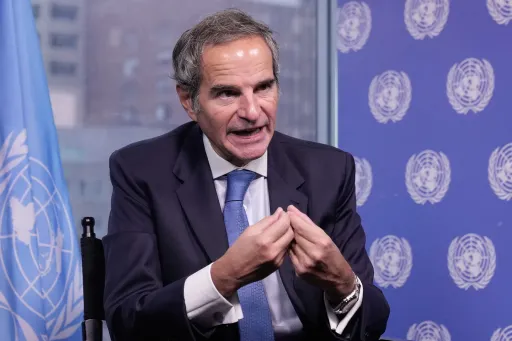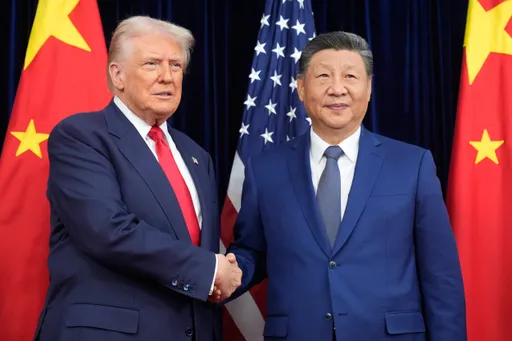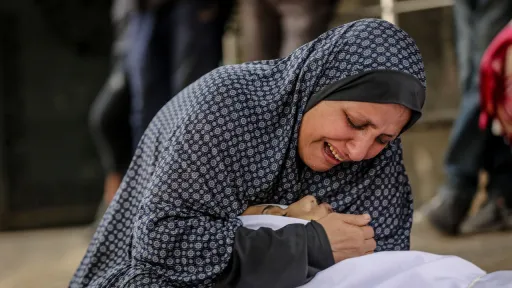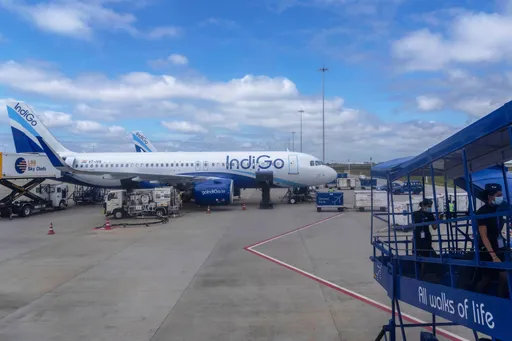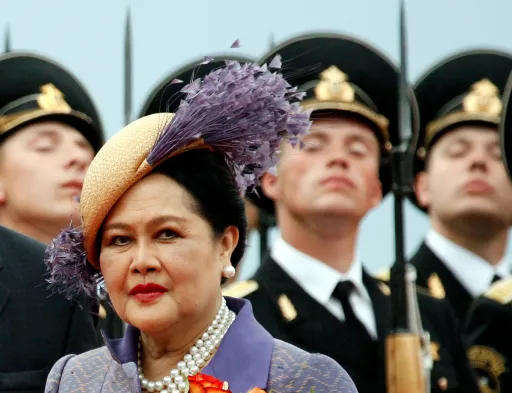By Awa Cheikh FAYE
Ngalakh is a traditional dish prepared in Senegalese Christian families at the end of Lent shared with Muslim neighbours, friends, acquaintances and colleagues.
What is the Ngalakh?
It is a kind of sweet coarse porridge prepared from peanut paste, baobab fruit flour and millet semolina.
After cooking the semolina, mix the peanut paste with water, then incorporate the baobab fruit flour. It is then necessary to knead the mixture, to filter it then to sweeten it. Some add dried fruits or chocolate others prefer it "plain".
Marie De Souza is already preparing for this year's dish. “For some it makes us happy to give them Ngalakh. Sharing is part of the Easter spirit and our values. “
“It's tradition, we have to do it even if it's expensive,” she continues. Given the quantity of Ngalakh that the families must serve on this Good Friday, many begin the preparation the day before,'' explains Marie De Souza.
Different faiths, common tradition
In Senegal it is common to see the members of the same family being of different religious denominations or faiths as Maimouna Diakhaté reminds us.
“The Muslims of Senegal feel very involved in the organization of the Ngalakh festival, which is quite normal because in the majority of Senegalese families you will find Christian and Muslim parents. Here it is very common to find people in the same family who do not necessarily share the same religion,” she told TRT Afrika.
Many are celebrating the holiday with friends or other family members apart from exchanging well wishes and fraternal jokes about religious festivals of both faiths on social media.
“For two years, the joking cousinhood between Christians and Muslims has been accentuated by the mobilizations of young people on social networks. They share videos and photos of banquets to make fun,'' says Maimouna Diakhaté.
She concludes that by emphasizing the importance of preserving this tradition of food exchange during religious festivities it would further “contribute to strengthening social ties between Muslims and Christians”.





